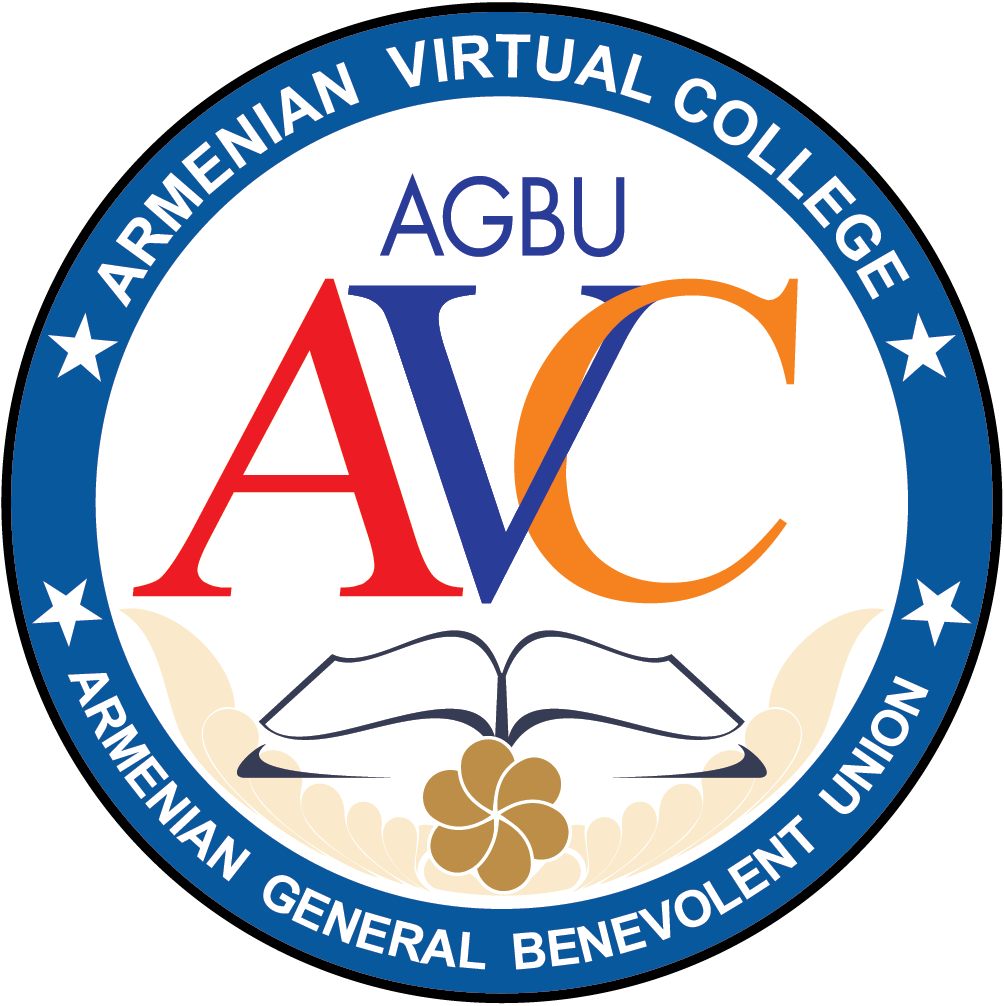“Armenian folklore has it that three apples fell from Heaven: one for the teller of a story, one for the listener, and the third for the one who ‘took it to heart’. What a pity Heaven awarded no apple to the one who wrote the story down.” – Nancy Willard
Unlike many of the students at AVC, I do not have Armenian roots. Instead, I was drawn to the Armenian language as a result of the language itself – that is, through the works of the great Armenian writers of the past, whose mastery of this beautiful and unique language resulted in some of the world’s finest works of literature.
My introduction to Armenian literature came when I befriended an Armenian colleague several years ago. We were both working in academia and discovered that we shared a mutual love of classic literature. When I asked my friend to recommend some Armenian classics, he went in search of good English translations and found very limited offerings. This discovery led us to collaborate on a translation of a novella by Raffi. My friend took responsibility for the Armenian side of the translation, and I took responsibility for the English. We both enjoyed this collaboration so much that it led us to establish Sophene Armeniaca (‘from Armenia’ in Latin), where we aim make classic Armenian literature more accessible for a new generation of readers in the English language.
Although my involvement in our literary collaboration does not require me to be fluent in Armenian, I am motivated to learn the language out of respect for the works we are translating and to gain a deeper appreciation for the Armenian literary tradition. Despite my strong belief in the importance of translation, there is something special about being able to read a great work of literature in its original language. No matter how skilful a translator may be in capturing the voice of an author, there is a depth of appreciation that can only be gained through reading the words of a writer in his or her own language.
After researching the two Armenian language branches, I decided to pursue Western Armenian for my studies; it is the language branch that has experienced the fewest changes over the past 100 years (e.g., retaining classical orthography), and so would be helpful when reading 19th century literature. This decision led me to AVC as there are no resources for Western Armenian instruction where I live. I first started learning with AVC one year ago and have loved the experience. My teacher, Ani Dekirmenchyan, has made me feel very welcome in our classes and I always look forward to our calls every week. She is incredibly supportive and goes above and beyond to help her students. I have come to think of her as a friend, and I feel very lucky to have her as my teacher.
The online learning materials that AVC offer in their courses are excellent, and it is through diligently listening to the recorded dialogues they include as part of their lessons that I have made the most progress (along with reading books, of course). There is no doubt that learning Armenian is very challenging, especially for someone who has no prior experience with the language or Armenian heritage. However, when you fall in love with the language as I have, one can take joy in the learning process and accept that it will be a lifelong endeavour. In addition, I recently learned that Western Armenian has been classified by UNESCO as an endangered language; this has made me all the more passionate about my studies and pleased that AVC offers full instruction in the language.
I am looking forward to continuing my studies with AVC as I work toward my ultimate goal of reading the great Armenian writers in their own language. In the meantime, I am proud to collaborate on a project that aims to contribute to the revitalisation of classic Armenian literature. I hope that one day it will gain the recognition it deserves on the world literary stage.
By Kimberly McFarlane, Australia










